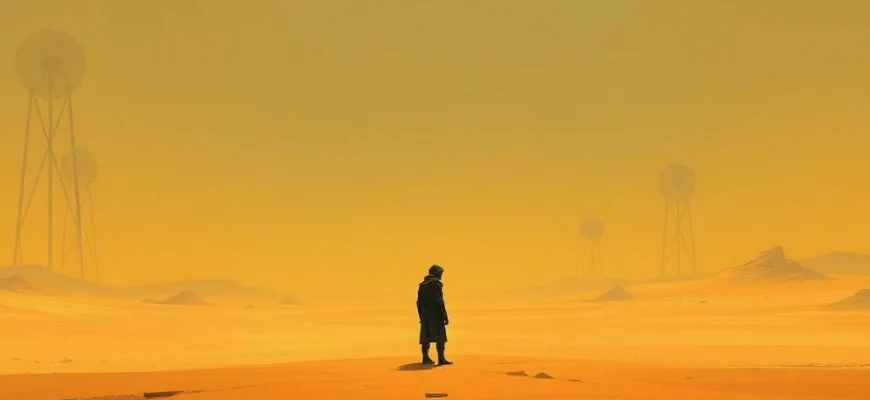If you enjoyed the tense, atmospheric drama of 29 Palms (2002), you're likely craving more films that blend psychological depth with stark desert landscapes. This article explores 10 movies and shows that capture the same eerie isolation, simmering tension, and raw human emotion that made 29 Palms unforgettable. Whether you're drawn to its unsettling tone or its exploration of fractured relationships, these picks will keep you on edge.
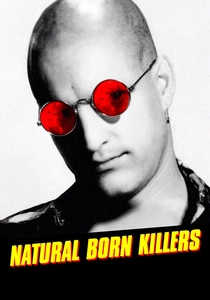
Natural Born Killers (1994)
Description: A violent, surreal road movie that explores themes of media glorification of crime and the blurred lines between reality and fiction, featuring a chaotic visual style.
Fact: The film was initially banned in Ireland due to its graphic violence. Oliver Stone used over 20 different film stocks and techniques to create its disorienting visual style.
 Watch Now
Watch Now 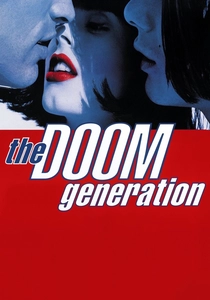
The Doom Generation (1995)
Description: A nihilistic, hyper-stylized road trip filled with violence and dark humor, capturing the disaffected youth culture of the 90s through a surreal lens.
Fact: The film was marketed as a 'heterosexual movie' despite its queer undertones. It was part of Gregg Araki's 'Teen Apocalypse Trilogy.'
 Watch Now
Watch Now 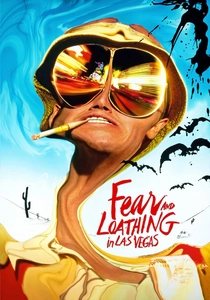
Fear and Loathing in Las Vegas (1998)
Description: A drug-fueled descent into madness, blending hallucinatory visuals with a critique of the American Dream, mirroring the chaotic and existential themes of the reference film.
Fact: Johnny Depp immersed himself in Hunter S. Thompson's life to prepare for the role, even living in the author's basement. The film initially polarized critics but later gained a cult following.
 Watch Now
Watch Now 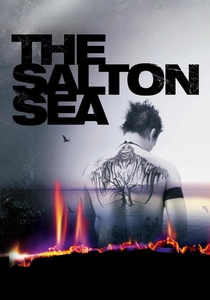
The Salton Sea (2002)
Description: A gritty neo-noir that delves into the underworld of drugs and crime, featuring a protagonist caught in a web of deception and violence, much like the reference film's themes.
Fact: The film's title refers to the real-life Salton Sea, a man-made ecological disaster in California. Val Kilmer's performance was praised for its depth and intensity.
 Watch Now
Watch Now 
Highway (2002)
Description: A road movie that explores themes of escape, self-discovery, and the darker sides of human nature, with a raw and unfiltered narrative style.
Fact: The film was shot on a low budget, with much of the dialogue improvised. It features a soundtrack by Tomandandy, known for their experimental music.
 Watch Now
Watch Now 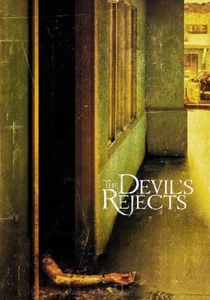
The Devil's Rejects (2005)
Description: A brutal, unflinching look at a family of outlaws on the run, blending horror and crime with a nihilistic tone and visceral violence.
Fact: The film's title is a reference to the Lynyrd Skynyrd song 'The Ballad of Curtis Loew.' It was inspired by 70s exploitation films and features a gritty, retro aesthetic.
 Watch Now
Watch Now 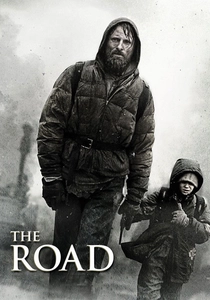
The Road (2009)
Description: A post-apocalyptic journey filled with despair and survivalist grit, capturing the bleakness and existential dread of a world gone mad.
Fact: The film's stark visuals were achieved by shooting in real locations affected by natural disasters. It stays remarkably faithful to Cormac McCarthy's novel.
 Watch Now
Watch Now 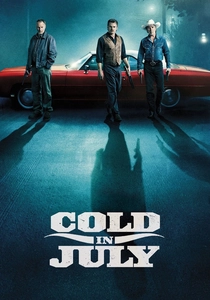
Cold in July (2014)
Description: A tense, neo-noir thriller that twists through themes of revenge, family, and moral decay, with a moody, atmospheric tone.
Fact: The film's soundtrack was composed by Jeff Grace, known for his work in horror films. It was shot in just 24 days on a tight budget.
 Watch Now
Watch Now 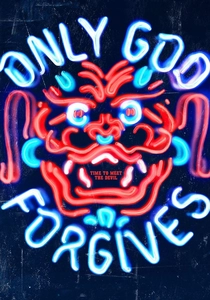
Only God Forgives (2013)
Description: A visually striking, slow-burn crime drama steeped in symbolism and extreme violence, exploring themes of revenge and moral ambiguity.
Fact: The film was booed at its Cannes premiere but praised for its cinematography. It was inspired by Thai mythology and features minimal dialogue.
 Watch Now
Watch Now 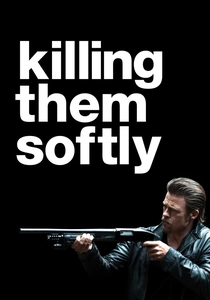
Killing Them Softly (2012)
Description: A crime thriller that critiques capitalism and violence through a lens of gritty realism, featuring a slow-burn narrative and stark cinematography.
Fact: The film's release was delayed to avoid competition with other major films. It features a soundtrack heavily reliant on period-appropriate music to ground its setting.
 Watch Now
Watch Now 
